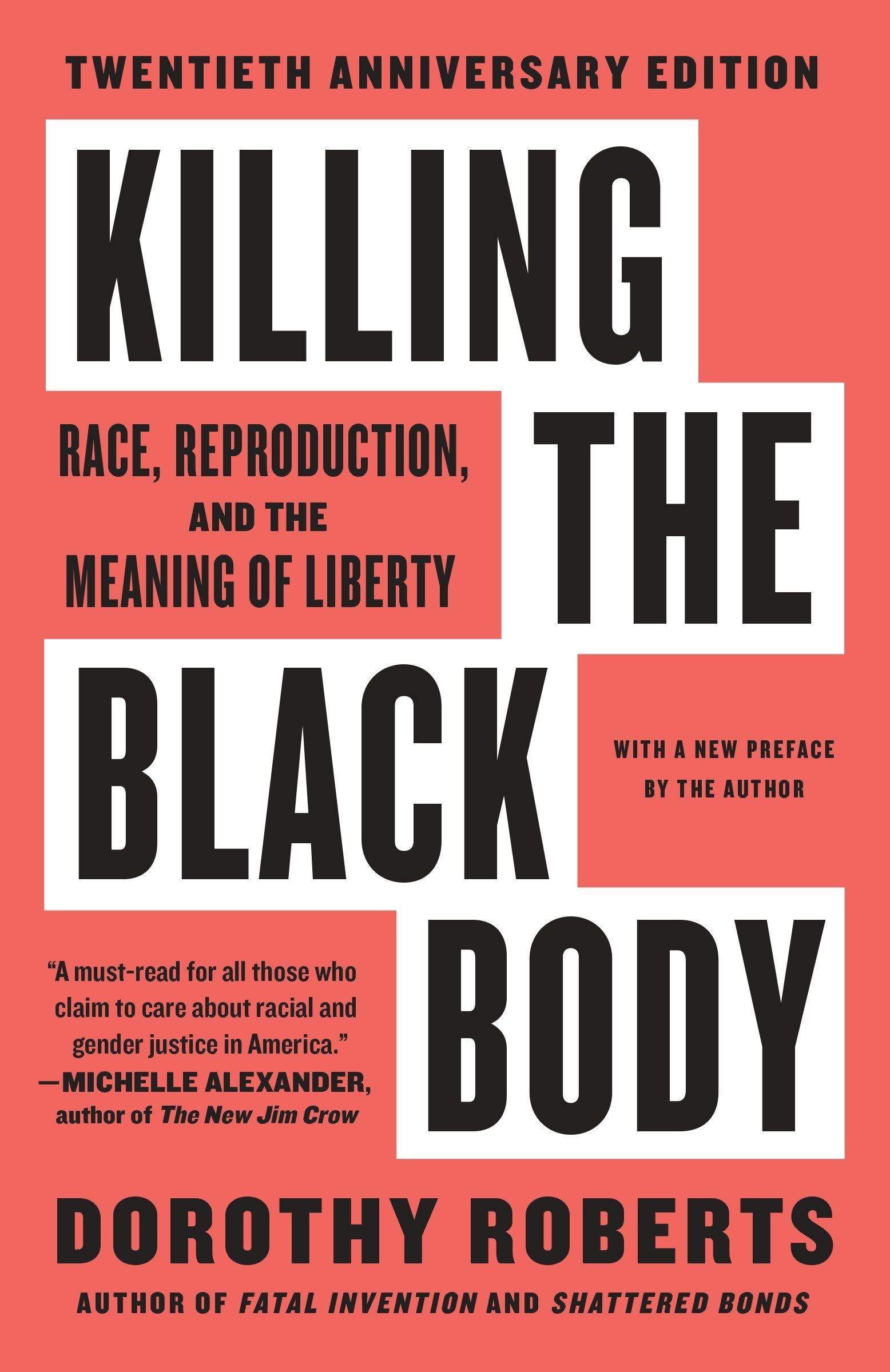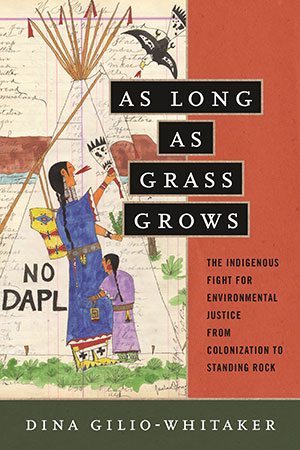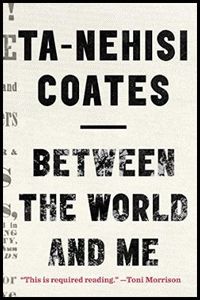Welcome to In Reading Color, a space where we focus on literature by and about people of color.
Between New York and California, this past weekend was unreal. I’ve been oscillating between thinking things will never change, maybe there’s hope, and a bit of desensitization, which alarms me. It truly feels like we’re living in a dystopian novel. And, even though there is a clear cut path to how we got here, it’s still a little hard to believe that we actually are here, and that there’s the potential for it to get a lot worse.
I personally think what we’re seeing now in terms of censorship, the attack on women’s rights, the fight against universal healthcare and minimum wage increases, and hate-based violence (among all the other things!) are all a result of a desire to return to the days of slavery.
I realize say that may seem like I’m reaching back too far, but follow me for a minute. It was during a trip to the National Museum of African American History in D.C. that I realized that capitalism, as it is in the U.S., can be traced back to slavery. There was a descriptive plaque under a display of confederate money I was reading that detailed how so many of today’s monied families got their initial wealth from slavery. In fact, it was through slavery that the country was able to become wealthy overall and gain an international presence. There are even management practices that enslavers used that are used by capitalists today.
From attacking abortion rights to encouraging hate crimes, so much of the far-right’s rhetoric and machinations seem to be centered on regaining that absolute kind of control over others that mirrors slavery. I think the domestic terrorism we saw this weekend is a part of that.
I thought about talking about some books today that were more light-hearted, but my spirit said otherwise, so I’ll stick to ones aimed at dismantling the patriarchy.
Let’s go.

Killing the Black Body by Dorothy Roberts
This is from almost twenty years ago and still wholly relevant. I largely credit the realization about capitalism and this book with my thoughts around how our current state is directly tied to slavery. Here, Roberts explains how the fight for— and oppression of— reproductive rights in the United States started with enslaved Black women. She talks about how the regulation of Black women’s reproduction has “been a central aspect of racial oppression in America.” Case in point, one of the United States’ first laws concerned the social status of the child of enslaved women and white men. She goes on to talk about other aspects of reproductive health, like contraception, abortion, and sterilization, in the modern day and how all of these things have been used at some point to control Black women’s reproduction as a way to control Black people overall.

As Long as Grass Grows by Dina Gilio-Whitaker
The U.S. was, of course, started with taking control of the land, which meant displacing entire populations of Indigenous people. Then, further control was exerted by breaking up families and sending children to residential schools, and eventually forcing BIPOC into certain areas that were disproportionately affected by environmental issues. Gilio-Whitaker talks about how Indigenous people, especially women, have been fighting against white supremacy— and the food and water insecurity, loss of sacred sites, and treaty violations it has brought— since the colonizers first came ashore.

Between the World and Me by Ta-Nehisi Coates
There is a lot packed into this 152-page nod to James Baldwin’s The Fire Next Time. Coates describes the feeling of disembodiment that Black Americans have felt for so long. He writes a letter to his son explaining the feeling and how it’s tied to police brutality, racist narratives, poverty and other aspects of systemic racism. He also tells his son to expand past the narrative and reclaim/claim himself.
A Little Sumn Extra
A new censorship effort in the form of “booklooks”
Some teens have started a fundraising auction to fight book bans
Author Rick Riordan had some words— a letter, actually— for people complaining about the casting of a young, Black actress
Here’s a brief history of bell hooks
Don’t forget you can get three free audiobooks at Audiobooks.com with a free trial!
Thanks for reading; it’s been cute! If you want to reach out and connect, email me at erica@riotnewmedia.com or tweet at me @erica_eze_. You can find me on the Hey YA podcast with the fab Tirzah Price, as well as in the In The Club newsletter.
Until next time,
-E